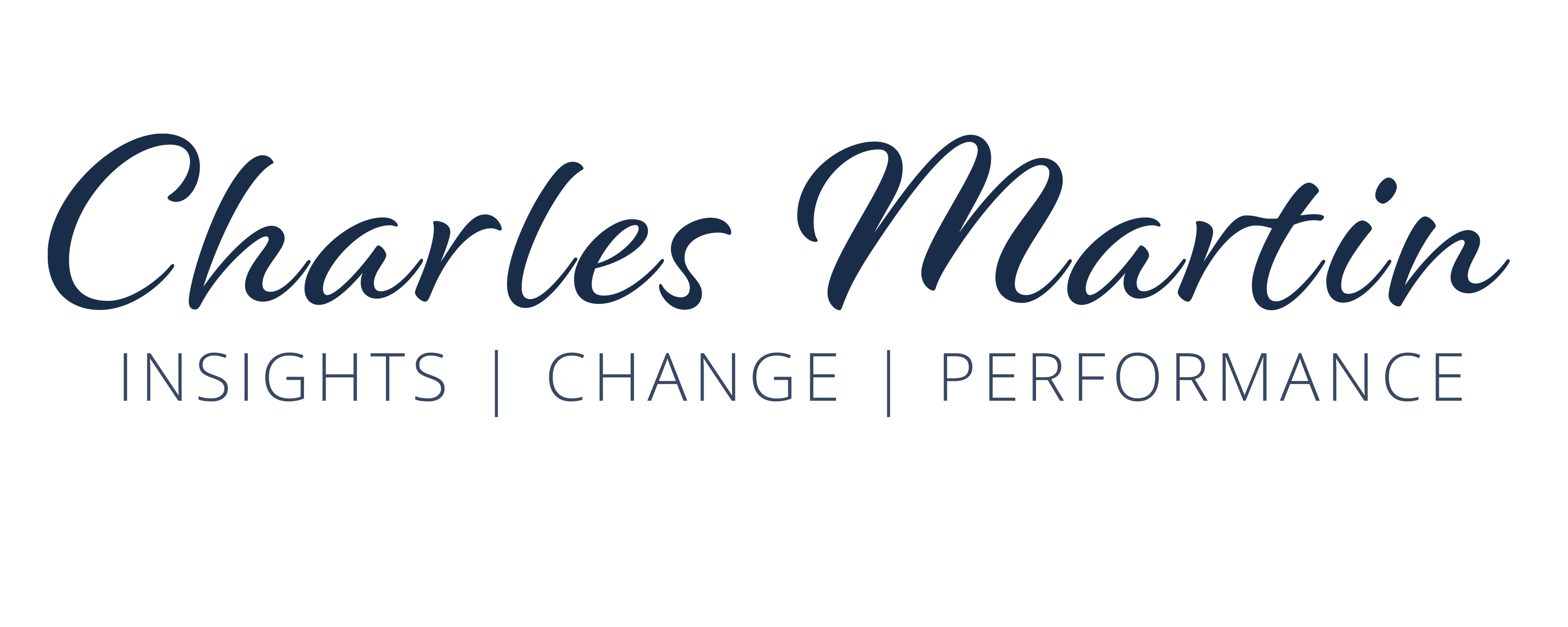Leading in uncertain times
At one level it is easy to believe that there is more uncertainty about than ever, with the media constantly highlighting how unclear the future looks, what is going wrong and what could go wrong. But at a leadership level, leaders can only make decisions on things you can control, and it has been forever thus. For many, uncertainty is all about risk and we naturally find risk stressful. How we deal with that stress will determine how we manage the situation.
You will never have ‘perfect knowledge’ and will be used to making decisions on just the evidence that you have available. The question to consider is: Is your leadership based on being right all the time? If it is, this can be very challenging in times of greater uncertainty and a change in focus from ‘knowing all’ to ‘learning’ may help to reduce your personal stress.
Let go or reduce the desire for perfectionism, ego and desired identity and accept that you might make mistakes, that you will learn from these and ultimately become a better leader.

Searching for perfectionism in complex and dynamic times is also impossible to achieve. Worries around ‘What if I fail.’ ‘I’ll look bad.’ ‘I can’t afford to make the wrong decision’ are all common. Reflect on your fears and try to identify the underlying assumptions and then question these. Look back at past experiences and see if there is real evidence to support your fears. Let go or reduce the desire for perfectionism, ego and desired identity and accept that you might make mistakes, that you will learn from these and ultimately become a better leader. You can always course correct as more information becomes available.
Once you have made decisions try and avoid the trap of looking back and criticising your previous decisions from a position of better information and forgetting that at the time you had much less information. Another trap waiting for the unwary is that of negative bias. How often do you find yourself looking for more bad news on Covid, the economy and the world in general? Negative bias makes us want to seek out more and more, which when combined with confirmation bias, and the need to confirm our beliefs, doubles down on gloom and uncertainty.

Understanding events can be hard, predicting events is even harder. Developing early warning systems to scan the horizon, exploring different scenarios, making sure you have different options available are all ways to help manage uncertainty so that you have a Plan B, if needed. Taking this wider perspective is essential for leaders, particularly those who might feel it is up to them to individually solve the problems alone. Understanding complexity is easier with help from others, so gather different perspectives from valued experts in diverse domains to help you identify the interdependencies, assumptions, nuances, and potential trajectories. Reach out to your network for insights and opinions.
Uncertainty, risk and complexity are here to stay, and it is up to leaders to improve their navigation skills to adapt to the changing conditions and to continually learn and grow.
